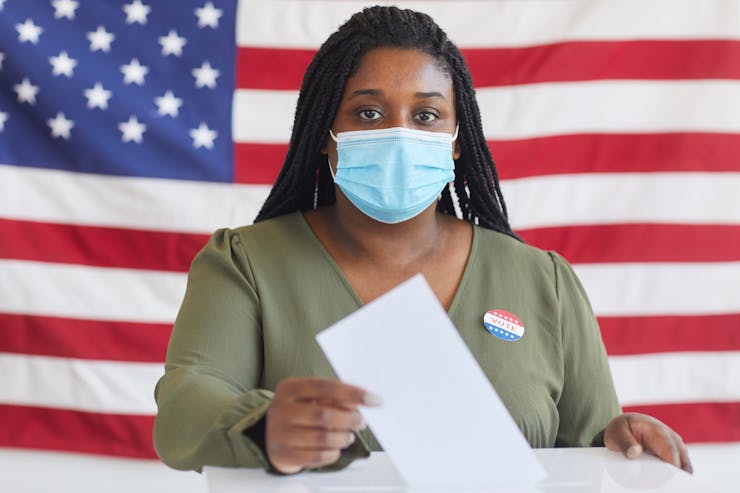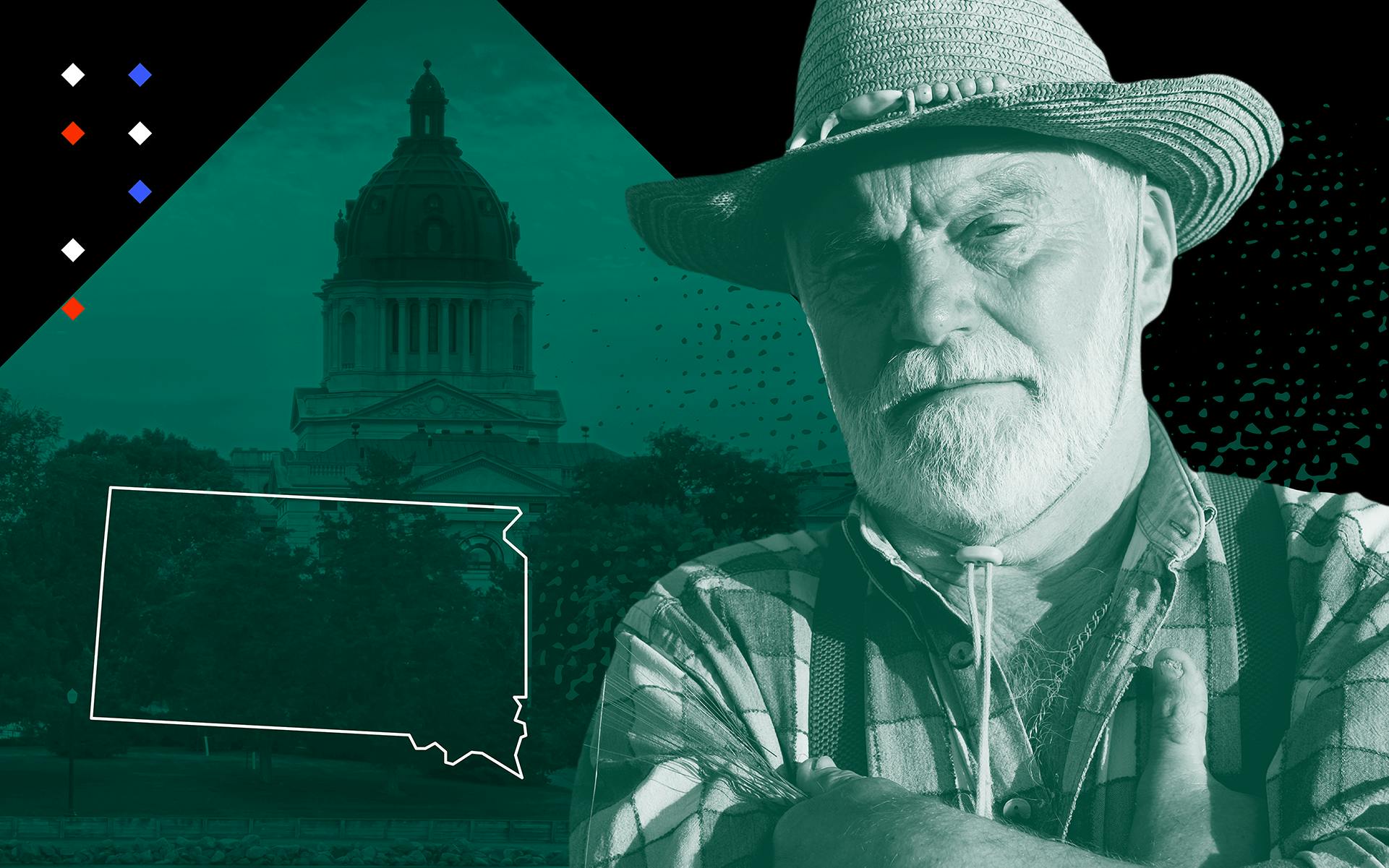Politicians in Mississippi are attempting to undermine the voice of the people on medical marijuana—and they’ve found a sneaky way to do it.
More than 80% of Mississippians support legalizing medical marijuana via Initiative 65. State legislators know they can’t hold back the tide of popular support. So they’ve cooked up a strategy to divert that support into a competing measure that won’t actually legalize medical marijuana.
Initiative 65 will legalize and regulate medical marijuana. Alternative 65A will not.
The politicians’ measure, 65A, has been designed to confuse voters and prevent medical marijuana from becoming legal in the Magnolia State.
Mississippi voters who want to legalize a truly regulated medical marijuana program must execute a two-step process on the November ballot.
First, they have to indicate they want to legalize medical marijuana generally.
Second, they have to indicate which of the two competing measures they prefer.
Here’s the trick: The people’s Measure 65 will actually legalize medical marijuana. The politicians’ Alternative 65A will not.
Mississippians for Compassionate Care posted this image, illustrating how to vote to legalize, on the group’s Facebook page earlier this month:

Overwhelming support for medical marijuana in Mississippi
This past year more than 228,000 Mississippians signed a petition to support Initiative 65. The measure would establish a pragmatic, regulated program for patients and businesses alike.
In response, state legislators in Jackson created Alternative 65A. Their measure offers extremely limited support for patients or providers and is equally as vague on how the program would actually operate—if it would operate at all.
“If you look at 65 and compare it to Alternative 65A, it’s so clear what the legislature’s intent is,” said Jamie Grantham, communications director for Medical Marijuana 2020 (MM2020), the organization leading the charge for legalization.
“65 would produce a program, 65A would not,” Grantham added. “There aren’t two options on the ballot for medical marijuana. There’s only one.”
Initiative 65 was crafted with Mississippians in mind
There’s a reason Initiative 65 has found such widespread support: It was crafted with Missippians in mind. The creators of MM2020 sought to design a conservative program that Mississippians could rally behind.
Grantham explained that Initiative 65’s proposed medical marijuana regulatory program “does not fall on taxpayers’ shoulders at all.” The initiative is designed to be self-funded via three sources: medical cards (which would cost no more than $50), licensing fees for businesses, and a user fee on purchases—which would be used solely to fund the program—that would not exceed 7%.
Grantham emphasized the initiative’s free-market approach: “We want the market to inform the supply and demand of the MMJ [industry],” she said, arguing that such a system would ensure that the state isn’t overrun by dispensaries, a fear raised by opponents of the initiative.
65 has input from state health department
The authors of Initiative 65 also incorporated input on logistical matters from officials at the Mississippi State Department of Health, which would run the medical program if Initiative 65 passes. “We included every single thing that they asked for,” Grantham said.
Most notably, they worked together to ensure that the department could borrow $2.5 million from the state treasury to get the program up and running.
The authors of Initiative 65 also looked to other medical programs across the country to inform their own legislation. The initiative includes a list of 20 qualifying conditions, a 2.5 oz per 14-day period limit on purchases, and requires dispensaries—the initiative refers to them as “treatment centers”—to be at least 500 feet from schools, child care centers, or churches.
65A allows almost nobody to have medical marijuana
Mississippi legislators have a long history of standing in the way of cannabis reform. “In the last decade alone, they blocked every single proposed bill to pass a MMJ program legislatively,” she told Leafly.
The politicians’ Alternative 65A is rife with vague language and a lack of specifics. It offers no framework for providers, or even a time frame for the program to begin. It would only support terminally ill patients, who would be required to purchase “pharmaceutical-grade marijuana products,” which would be virtually guaranteed to not include flower or oils.
65A reflects the politicians’ opposition to Initiative 65. State Rep. Trey Lamar told a local news station that he believes Initiative 65 would “flood the market” with dispensaries.
Jamie Grantham of MM2020 pointed out that she gave Rep. Lamar substantial opportunity to contribute to the shaping of Initiative 65. Lamar was invited to join the steering committee that drafted the measure. “He declined,” Grantham said. “Then he led the effort, as soon as 65 qualified in January,” to draft the counter-measure that became 65A.
How to legalize medical marijuana on this ballot
With just over a month until the election, MM2020 is focused on helping Mississippians navigate the confusing ballot. “My number one objective is to have as many conversations as possible, to get the word out as much as possible,” Grantham said.
The addition of 65A to the ballot complicates the optics of voting itself. Instead of simply asking residents to give medical marijuana a thumbs up or down, it forces them to first vote to approve either measure or reject both, and then to vote on which measure they prefer.
“I don’t want anyone to go to vote [and be] unprepared and look at the confusing ballot that the legislature created by adding 65A and not know what to vote for,” Grantham said.
The battle over the competing initiatives emphasizes a recurring and disturbing theme for cannabis reform in 2020: Prohibitionists are willing to undermine the voice of their constituents to keep patients from their medicine.
Mississippi news anchor Walt Grayon of local news station WJTV hit the nail on the head: ”Why the legislature would want to make such a beneficial medical treatment program so difficult for ill people in Mississippi to get is beyond me,” he remarked in a recent segment. “We’re better people than that.”






